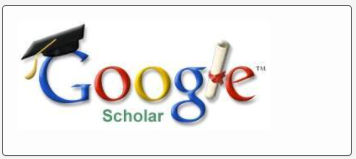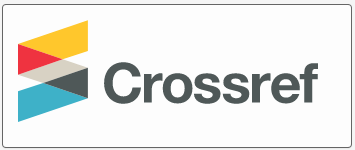The role of university libraries in the development of the scientific and research field of the university
DOI:
https://doi.org/10.52340/idw.2023.94Keywords:
information literacy, research, library resources, digital literacyAbstract
The article discusses the role of university libraries in the creation of scientific research and master theses. Traditional functions of the library and modern services due to the development of technology. The role of the library in improving the quality of scientific research papers is described.
Library support and services offered play a crucial role in producing a quality research paper.
Information literacy is a major concern of libraries. Often, the support provided by the library in creating a master's or doctoral thesis exceeds the support provided by lecturers.
In addition to learning about scientific style, reliability of sources and the latest scientific innovations, one of the services of the library serves to introduce a culture of academic integrity to young researchers, which is manifested in the use of the anti-plagiarism system and its implementation in the university space.
The trainings conducted by the library for students and academic staff increase information literacy and enable users to correctly find, sort and reflect the necessary information in their papers.
The purpose of the article is to study and present the role of university libraries and the challenges they face in parallel with the development of modern technologies.
Based on statistical data, the changes that occurred in the university as a result of offering additional library services are presented.
Several areas of the university library's work were discussed: increasing the existing fund, the process of digitizing the printed fund, acquiring scientific bases, providing access to the bases of the academic circle of the university, introducing the culture of academic and research activities, conducting trainings for students, and others.
The paper presents the results of the library's work according to the updated principle, according to the years. The result is quantitatively evaluated and purposefully presented in the form of distribution on diagrams. It is worth noting, not only the trend of increasing the number of users, but also the improved quality of the academic works performed by them, the indicator of academic honesty and responsibility has also increased.
Downloads
References
Phillips, J. C., & Atwood, T. A. (2010). Transferring skills, transferring students: a call to academic libraries. College & Undergraduate Libraries, 17(4), 331–348
Whang, L., Tawatao, C., Danneker, J., Belanger, J., Weber, S. E., Garcia, L., & Klaus, A. (2017). Understanding the transfer student experience using design thinking. Reference Services Review, 45(2), 298–313
Nicholas D. Rowlands I. ‘Social Media use in the Research Workflow,’ Information Services and Use 31(1–2, 2011):pp.
Darling-Hammond, L., Flook, L., Cook-Harvey, C., Barron, B., & Osher, D. (2020). Implications for educational practice of the science of learning and development. Applied Developmental Science, 24(2), 97–140







